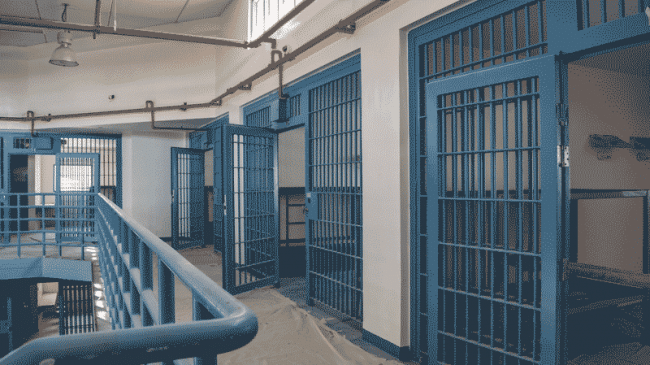Reason Foundation has released the Criminal Justice and Corrections section of its Annual Privatization Report 2014, offering an overview of the latest on criminal justice reform, public-private partnerships in corrections, correctional healthcare privatization and more.
Topics discussed in this year’s edition include:
- Federal data show the federal and state prison population in the third straight year of decline, down 1.7% in 2012 (the latest year for which data are available) over the previous year. The data also show a slowly increasing reliance on private prisons, which held 9.3% of federal and state prison inmates in 2012, up an annual average of 1.9% since 2010. Still, the vast majority of inmates-nearly 91 percent-continue to be housed in government-run prisons. A total of 31 states held some inmates in privately operated prisons in 2012.
- Several criminal justice reforms have been proposed or announced at the federal level, including Attorney General Eric Holder’s recent directive to federal prosecutors on the sentencing of low-level drug offenders and several legislative proposals in Congress.
- This report offers a state-by-state review of developments in correctional privatization.
- A Reason Foundation analysis finds that 30 states contract out some of all of their correctional healthcare services to private companies. This report summarizes that analysis and presents an update on recent state and local developments in privatized correctional healthcare.
- California continues to grapple with how to reduce its prison population and comply with meeting the deadline of a court-ordered population cap, which in 2014 was extended an additional two years.
- There is little evidence that determinate sentencing laws have done anything to reduce Louisiana’s violent crime rate, which remains considerably above both the national average and the rates in its neighboring states. A Reason Foundation analysis finds that Louisiana’s citizens could benefit from changes to the way in which convicted offenders are sentenced.
- The private sector continues to evolve in different ways in terms of how it provides the programs needed to help offenders effectively reintegrate into society. Options include programming in privately operated prisons, privatized community corrections and home-based detention services, and social finance/pay-for-success initiatives.
- A 2009 Israeli Supreme Court invalidation of a statute allowing for private prisons remains interesting with regard to what it might portend in other countries.
The full Criminal Justice and Corrections section is available here, and the full Annual Privatization Report 2014 is available here.

